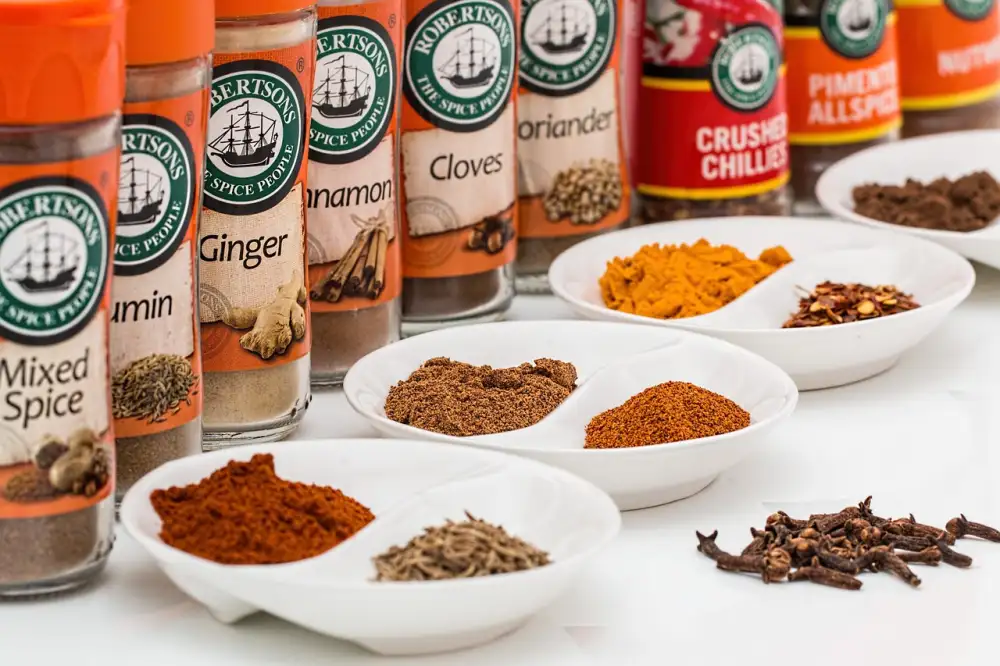Unlocking the Power of Turmeric and B12: Boost Your Health Naturally

Turmeric, a vibrant yellow spice commonly used in Indian cuisine, has gained popularity for its potent anti-inflammatory and antioxidant properties. It contains curcumin, a bioactive compound known for its various health benefits. Vitamin B12, on the other hand, is a crucial nutrient that plays a key role in nerve function, red blood cell production, and DNA synthesis. Both turmeric and vitamin B12 are essential for maintaining overall health and well-being.
Health Benefits of Turmeric
Turmeric, a vibrant yellow spice commonly used in Indian cuisine, is renowned for its potent health benefits. Curcumin, the active compound in turmeric, is a powerful anti-inflammatory and antioxidant agent. It can help reduce inflammation in the body, which is linked to various chronic diseases such as heart disease, cancer, and Alzheimer's. Turmeric also supports brain health by promoting the production of brain-derived neurotrophic factor (BDNF), a protein that aids in brain function and may lower the risk of neurodegenerative conditions like depression and Alzheimer's disease. Furthermore, turmeric has been shown to improve symptoms of arthritis due to its anti-inflammatory properties. Incorporating turmeric into your diet can be a simple yet effective way to boost your overall health and well-being.
Importance of Vitamin B12 for Health
Vitamin B12, also known as cobalamin, plays a crucial role in maintaining the health of nerve cells and red blood cells. It is essential for DNA synthesis and helps in the proper functioning of the nervous system. A deficiency in Vitamin B12 can lead to fatigue, weakness, anemia, and neurological issues such as numbness and tingling in the hands and feet. Adequate levels of Vitamin B12 are necessary for overall energy production and cognitive function. It is particularly important for vegetarians and vegans who may not get enough B12 from animal sources.
Sources of Turmeric and Vitamin B12
Turmeric can be sourced from fresh turmeric root, ground turmeric powder, or turmeric supplements. Fresh turmeric root can be found in the produce section of grocery stores and is commonly used in cooking. Ground turmeric powder is a convenient option for adding to dishes like curries, soups, and smoothies. Turmeric supplements are also available in capsule form for those looking to boost their intake.
Vitamin B12 is primarily found in animal products such as meat, fish, poultry, eggs, and dairy products. For vegetarians and vegans, fortified foods like plant-based milk alternatives, breakfast cereals, and nutritional yeast can provide a source of vitamin B12. Additionally, vitamin B12 supplements are widely available for those who may have difficulty obtaining enough through diet alone.
Recommended Dosages for Turmeric and Vitamin B12
When it comes to turmeric, the recommended dosage of curcumin, the active compound in turmeric, is around 500-2,000 milligrams per day for general health benefits. However, for specific conditions like arthritis or inflammation, higher doses may be necessary under medical supervision.
For Vitamin B12, the recommended daily intake is around 2.4 micrograms for adults. This can typically be met through a balanced diet that includes animal products like meat, fish, eggs, and dairy. For those at risk of deficiency (such as older adults or vegetarians/vegans), supplements may be necessary to meet daily requirements. It's important to consult with a healthcare provider to determine the appropriate dosage based on individual needs and health status.
Potential Side Effects and Interactions
While turmeric and vitamin B12 offer numerous health benefits, it is essential to be aware of potential side effects and interactions. Turmeric, when consumed in large amounts, may cause stomach upset, nausea, or diarrhea in some individuals. It can also interact with certain medications like blood thinners, so consult with your healthcare provider before adding turmeric supplements to your routine.
Similarly, excessive intake of vitamin B12 supplements can lead to side effects such as itching, rash, or even dizziness. Individuals with certain medical conditions like Leber's disease should be cautious with high doses of vitamin B12. Additionally, vitamin B12 can interact with medications like chloramphenicol or proton pump inhibitors.
To ensure safe consumption of turmeric and vitamin B12, always follow recommended dosages and consult a healthcare professional if you have any concerns about potential side effects or interactions.
Incorporating turmeric and vitamin B12 into your diet can significantly boost your overall health and well-being. Turmeric's powerful anti-inflammatory and antioxidant properties can help reduce inflammation, improve digestion, and support heart health. Vitamin B12 is essential for nerve function, DNA production, and red blood cell formation. To reap the benefits, consider adding turmeric to curries, soups, or smoothies, and include sources of vitamin B12 like meat, fish, eggs, or fortified foods in your meals. Consult with a healthcare provider to determine the appropriate dosages for your individual needs and enjoy the natural health benefits these nutrients offer.
Published: 25. 03. 2024
Category: Food



